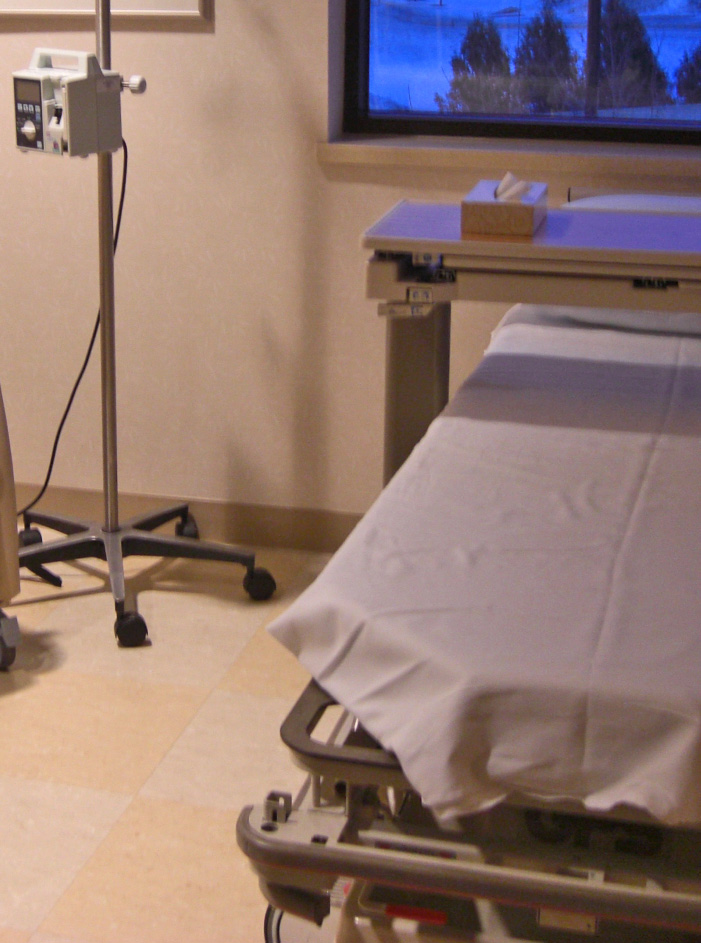If you or a loved one has been injured by a doctor or hospital, Call the Medical Malpractice Crisis Resource Line for Immediate Help >
Free Consultation. Call Now. (516) 394-4200
(516) 394-4200

As with other types of personal injury cases, the plaintiff in a medical negligence case has a burden to prove that the defendant against whom recovery is sought owed a duty of care to the plaintiff, that the defendant breached that duty, and that the plaintiff sustained damages (such as additional medical expenses, lost time from work, or pain and suffering) as a result of the defendant’s breach of duty. This must be shown by a preponderance of the evidence.
In most medical malpractice cases, the plaintiff must retain an expert witness to render an opinion as to the particular duty of care owed to the plaintiff and to determine whether the duty was breached. If the plaintiff fails to do this, his or her case will be likely be dismissed. In a recent case, a trial court had initially ruled that the plaintiff had made out a prima facie case of medical negligence but later dismissed the case on summary judgment.
The Facts of the Case
In Holmes v. Bronx-Lebanon Hospital Center, the plaintiff was a woman who believed that the defendant hospital had committed an act of medical negligence by not performing appropriate diagnostic testing when she visited the emergency room in 2008. She filed suit in the Supreme Court for Bronx County, seeking damages for medical malpractice.
Proceeding in the Trial Court
The hospital moved for motion for summary judgment, and the trial court denied the motion on the basis that the plaintiff had made out a prima facie case under the medical malpractice laws. The case proceeded to trial. After the plaintiff’s expert testified, the trial court dismissed the plaintiff’s complaint. She appealed.
Decision of the Appellate Court
On appeal to the Appellate Division of New York, First Department, the court affirmed, ruling that the trial court’s initial finding on the defendant’s motion for summary judgment did not preclude dismissal of the complaint after the presentation of her case at trial.
The court found that the plaintiff had not established liability through her expert witness’s “conclusory assertion” concerning the hospital’s failure to do certain testing. According to the court, the witness’ testimony did not establish that such testing would have revealed inflammation or swelling. In so holding, the court noted that the operative report of the surgeon who later performed an extensive appendectomy on the plaintiff showed that the swelling would not have been apparent until the woman had been discharged from the hospital. The court also noted that the expert did not explain how the hospital’s failure to perform an appendectomy allegedly contributed to a perforation with which the plaintiff was later diagnosed.
To Get Started on Your Long Island Medical Malpractice Case
If you believe that you or a family member may have been the victim of an act of medical malpractice, it is imperative that you speak with an attorney about your case as soon as possible. Strict deadlines apply in personal injury cases, and a delay could mean no recovery. Call Duffy & Duffy today at (516) 394-4200 and ask for an appointment to come in and speak with one of our experienced medical malpractice attorneys. We represent injured people in New York, the Bronx, and Queens, as well as elsewhere in the New York area.
Related Blog Posts
No. Our injury cases are handled on a contingent retainer. You pay nothing upfront, and we recover attorney’s fees only if your litigation is successful. We don’t bill by the hour. You don’t need to worry about running up a large attorney’s bill before you see any recovery for your injuries.
Yes. Our firm is dedicated to creating a strong relationship with our clients, beginning with keeping your information and consultation confidential.
Each case we encounter is carefully screened and evidence scrutinized to make sure the claim is meritorious and may be successful at trial. We will perform an investigation, and then our partners make a final decision on whether to take on a case.